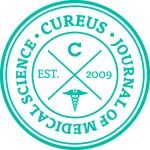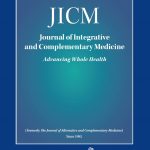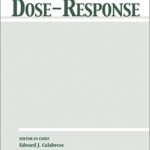Rajesh L. Thangapazham, Anuj Sharma, Anoop K. Singh, John A. Ives, Radha K. Maheshwari, Wayne B. Jonas
Homeopathic Medicines Do Not Alter Growth and Gene Expression in Prostate and Breast Cancer Cells In Vitro
Integrative Cancer Ther, 2006, 5 (4), 356-361

Background: Homeopathy is an alternative medical system practiced in all parts of the world. Although several theories are proposed to explain the mechanisms of action, none are scientifically verified. In this study, the authors investigate the effect of selected homeopathic remedies often used to treat prostate and breast cancer. Materials and Methods: The authors investigated the effect of the homeopathic medicines Conium maculatum, Sabal serrulata, Thuja occidentalis, Asterias, Phytolacca, and Carcinosin on prostate and breast cancer cell (DU-145, LNCaP, MAT-LyLu, MDA-MB-231) growth and on gene expression that regulates apoptosis, using MTT and multiprobe ribonuclease protection assay. Results: None of the homeopathic remedies tested in different potencies produced significant inhibitory or growth-promoting activity in either prostate or breast cancer cells. Also, gene expression studies by ribonuclease protection assay produced no significant changes in mRNA levels of bax, bcl-2, bcl-x, caspase-1, caspase-2, caspase-3, Fas, or FasL after treatment with homeopathic medicines. Conclusions: The results demonstrate that the highly diluted homeopathic remedies used by homeopathic practitioners for cancer show no measurable effects on cell growth or gene expression in vitro using currently available methodologies.







